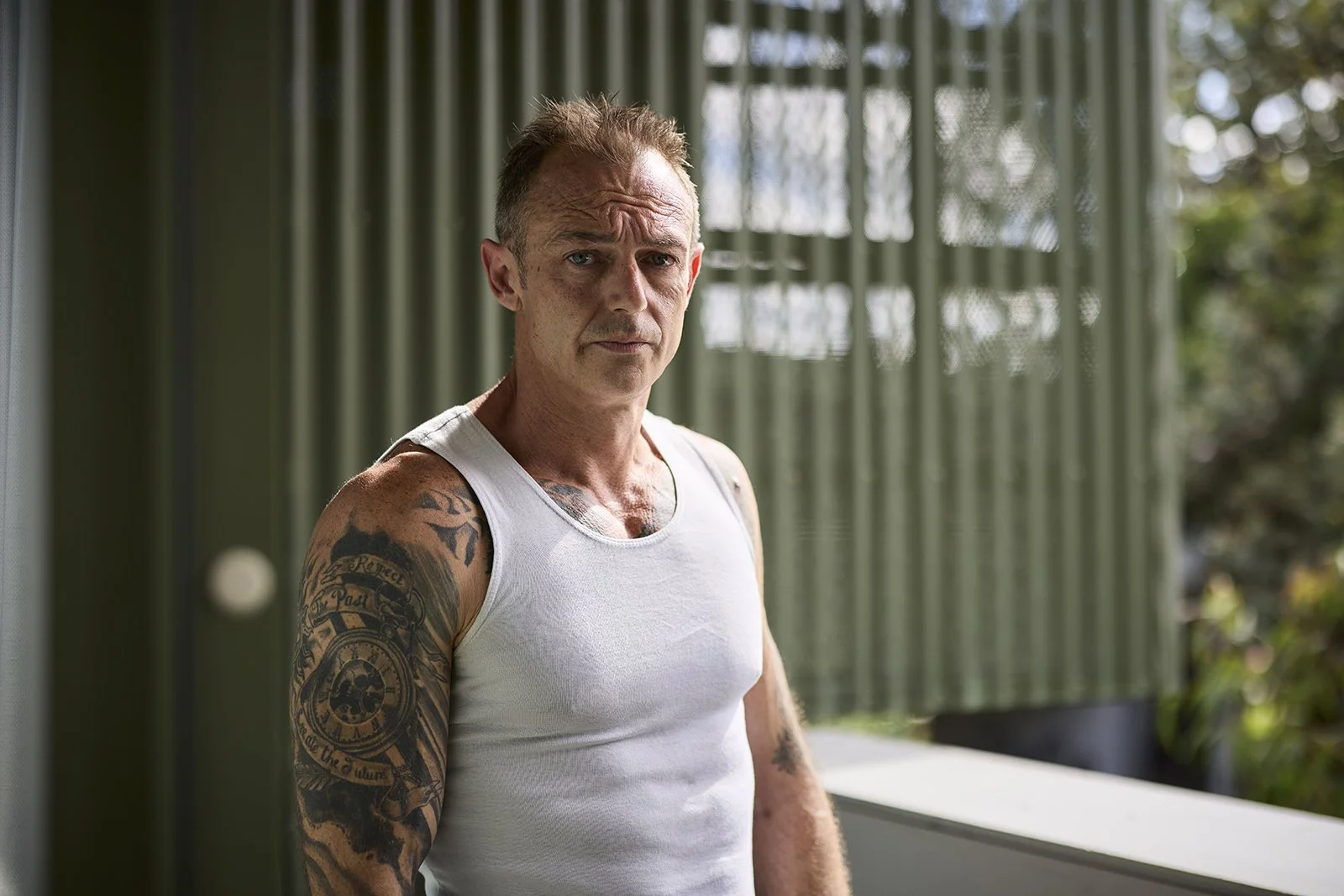The mental health and homelessness crisis in NSW
The problem
Schizophrenia is a persistent neurological disorder that doesn’t just go away. Our mental health system has failed to provide the key element of adequate treatment – long-term supported housing, leaving many people without the stability they need to recover and thrive.
The scale of the problem
2,600
sleep in the open in NSW.
700
sufferers are caught in a cycle between prison and homelessness.
1/3
1,000
people in NSW need supported accommodation now.
The cost to the community
Homeless people generate health, justice and other costs that far exceed the cost of supported housing. But the issue goes deeper. In an unsupported environment, violent crimes including homicides by the chronically mentally ill are disproportionately high.
A third left behind
1 in 3 of Sydney's homeless population suffers from schizophrenia, highlighting the urgent need for dedicated housing.
Homeless people with schizophrenia are 2 to 6 times more likely to require hospitalisation than the general population.
A health system under pressure
Nowhere to go
Many of the homeless are discharged from psychiatric hospitals without stable accommodation, contributing to a ‘revolving door’ effect.
The vanishing safety net
In the last thirty years, the number of hostel beds providing temporary accommodation in inner city Sydney has declined from over 1200 to less than 300.
It’s costly to do nothing
Attenders of clinics in homeless hostels generated a staggering $548m in hospital costs alone over a period of less than ten years, yet their health outcomes were dire.
Consequences can be fatal
Whilst NSW’s homicide rate has dropped to among the lowest in the world, homicides by the mentally ill have not changed in the past 30 years.




